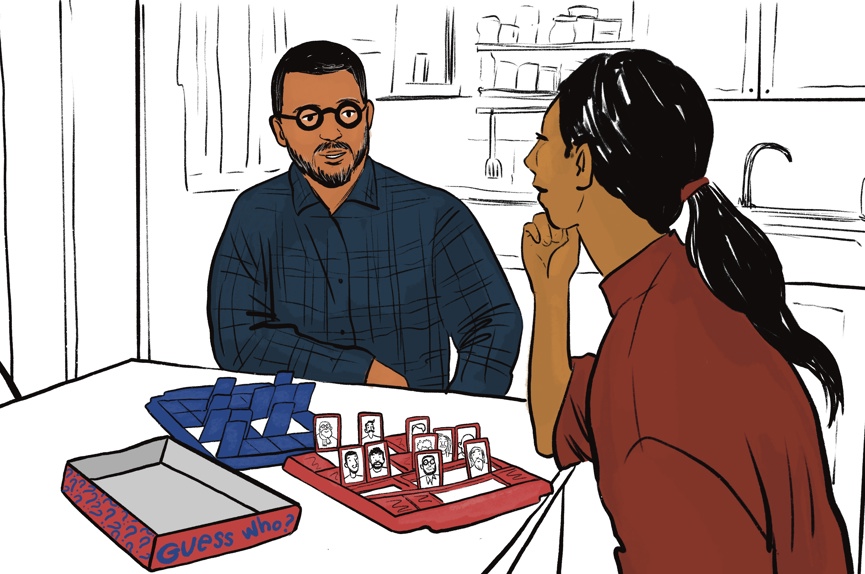- Litigation and Arbitration
- donor child , sperm donor , DNA testing , child conceived through anonymous sperm donation , biological father , biological paternity on her father’s side , genetic research , the donor child’s right to paternity information , the donor’s rights to privacy and physical integrity , conception of a child , Anonymity in donor conception , paternity information
In a previous article, we discussed an important judgement from the Constitutional Court regarding the rights of donor children. In said article, we already referred to a groundbreaking judgement by the Court of first instance of West-Vlaanderen, section Bruges from June 23, 2023. Through this judgement, our firm obtained an order requiring the presumed donor of a donor child to undergo DNA testing, subject to a penalty payment.
A recent article in the Journal of Family Law titled “Mirror, mirror on the wall, who will put an end to donor anonymity in the land?” also refers to this judgement.
The Paternity Center also published an official statement in which they advocate for the abolishment of donor anonymity, referring to, inter alia, the judgement of June 23, 2023.
Given this renewed focus on the rights of donor children, we will further elaborate on the judgement of June 2023 in this article.

1. Previously...
A child conceived through anonymous sperm donation and in-vitro fertilization discovers at a certain age that her legal father is not her biological father. She therefore seeks clarity about her biological paternity on her father’s side, without wanting to break the bond with her legal father.
The donor child then embarks on a years-long search: she conducts genetic research, including registering her DNA in various online DNA databases (e.g., My Heritage and Ancestry). This research led to a probable match. This person was contacted but refused any cooperation to establish the paternity link to the donor child, fearing the impact on his own private life.
The donor child was therefore required to initiate legal proceedings.
The court ruled in her favor and ordered the presumed donor to undergo DNA testing, subject to a penalty payment. This is a precedent in Belgium.
2. The Court’s reasoning
In the reasoning of its judgement, the Court did not make an overnight decision. A balance of interests had to be made between the donor child’s right to paternity information on the one hand and the donor’s rights to privacy and physical integrity on the other.
The Court considered the following elements presented by our firm:
- The suspected donor knew, or should have known, that his donation could lead to the conception of a child.
- The donor child had no intention of violating the donor’s privacy. She merely seeks to uncover the biological truth.
- The uncertainty of the donor child regarding her biological paternity and its impact on her psychological well-being.
- Anonymity in donor conception is increasingly under pressure: many countries have already enacted legal prohibition against donor anonymity and, with the rise of online DNA databases – which can provide reliable information to, for example, a court – genetic anonymity has become an illusion.
- Belgian case law increasingly recognizes that the child’s right to know its biological origins takes precedence over other rights.
In this case, the Court acknowledges that the donor child’s right to paternity information takes precedence over the donor’s right to keep his biological paternity hidden. This indicates that donor anonymity, which is still legally enshrined in Belgium, is under increasing pressure. Considering the suspicious behavior of the presumed donor during the proceedings, the Court thus ruled that he was obliged to undergo DNA testing.
The Court rightly concludes its judgement with the philosophical reflection that there are no winners or losers in this case. The donor child certainly did not expect that her mere existence would pose a threat to her presumed biological father, nor could she have anticipated that her search would lead to legal proceedings.
3. Conclusion
A donor, even if anonymity was promised at the time, must face reality and understand that a donor child has the right to the biological truth. The court has (thankfully) acknowledged this.
If you have any questions regarding this topic, please do not hesitate to contact our specialists at info@be.Andersen.com or +32 (0)2 747 40 07.
Read also


